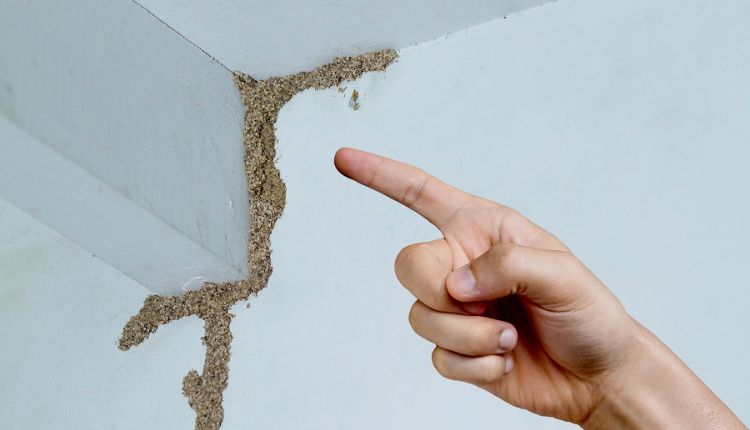Homeownership comes with many responsibilities, and protecting your property is at the top of the list. In Corona, one of the biggest threats to homes comes from something small but destructive: termites. These pests work silently and can cause significant damage before you even notice them. That’s why routine termite inspections are essential for every homeowner.
Professionals who specialize in pest control in corona understand the unique challenges posed by the local climate and environment. Warm temperatures and dry conditions create the perfect setting for termite activity year-round. Early detection through inspections can prevent costly repairs and major structural problems. It’s a smart step for anyone looking to protect their home investment.
Termites Are More Common Than You Think
Many homeowners assume termites are only a problem in older or neglected homes. But termites don’t discriminate. They can invade any structure, old or new. Even well-maintained houses are at risk, especially in warmer areas like Corona. Termites often remain hidden behind walls or under flooring, making them hard to spot. Regular inspections are often the only way to catch them early.
Damage Can Happen Quickly and Quietly
These pests start damaging the wood from the inside. That means the damage they cause isn’t always visible right away. You might not see signs until the structure is already weakened. Small holes, hollow-sounding wood, or peeling paint could be signs of an infestation. But by the time these appear, significant harm may have already occurred. Routine checks by trained professionals can help detect these problems before they grow.
Inspections Save You Money in the Long Run
Fixing termite damage can cost you a lot. In some cases, homeowners must replace major support beams, flooring, or wall structures. These repairs can take time and create major disruptions. A termite inspection is a relatively low-cost service that can prevent these expensive outcomes. Catching a problem early means you can treat it before it spreads. This simple step often leads to huge savings.
Termite Treatment Plans Start with Inspection
A thorough inspection is the first step in creating an effective treatment plan. Professionals check crawl spaces, attics, basements, and the home’s exterior. They look for moisture, mud tubes, and other signs that termites may be active. If termites are found, the team will recommend treatment options tailored to the situation. These may include bait systems, barrier treatments, or localized removal. Each plan is designed to eliminate the infestation and protect the home going forward.
Inspections Help Eliminate Uncertainty
Even if your home is currently termite-free, an inspection offers valuable peace of mind. Knowing your property has been thoroughly checked reduces worry. It’s a great way to ensure your home is safe for your family and secure for the future. Many homeowners also schedule inspections before selling or buying a house in Corona. A clean report can boost buyer confidence and speed up the sales process.
Work with Trusted Local Experts
The experience of the experts matters for assured quality service. Professionals offering pest control in corona are familiar with the local termite threats. They know what to look for and how to act quickly if there’s a problem. Choosing a licensed and reputable company ensures accurate inspections and reliable treatment options. These experts utilize advanced tools and techniques to detect termites, even in concealed areas. With local knowledge and professional care, your home is in safe hands.
Termite inspections are not just an optional service—they’re a must for any responsible homeowner in Corona. The risk is real, and the damage can be costly if left unchecked. Regular inspections are the best defense against long-term problems. By working with trusted professionals for pest control in corona, you’re taking a proactive step to protect your most valuable asset. A small investment today can prevent major issues tomorrow and help you enjoy your home with confidence.






